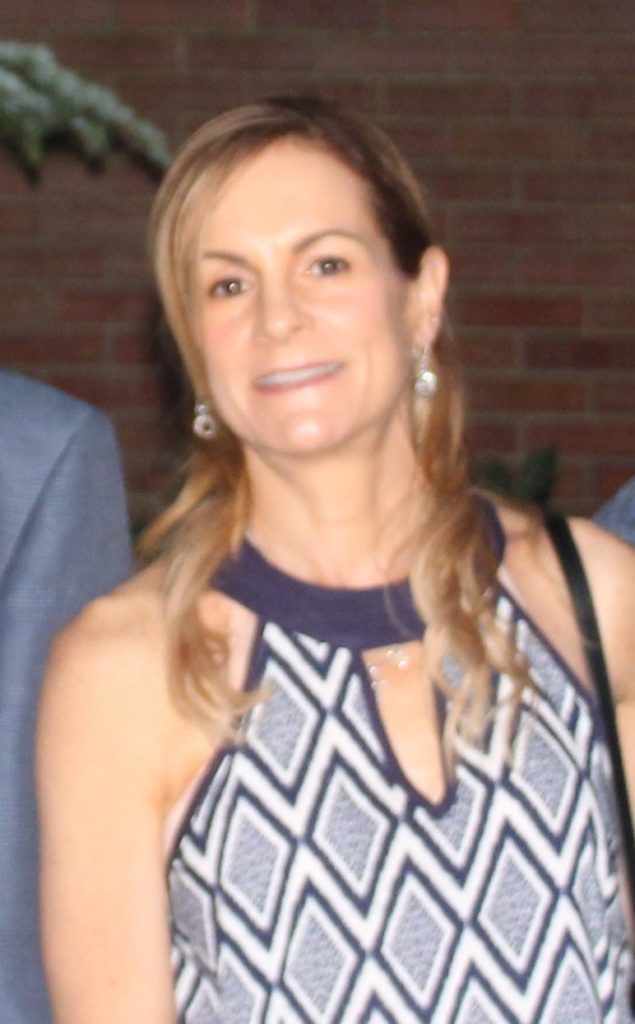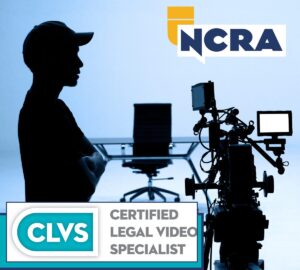By Christina Diaz

Synonyms, antonyms, the dreaded homonyms. Right, write, rite. Words have always played an extremely important part of everyday life in general and my professional life in particular, primarily making sure I spelled them correctly in court reporting school and used them properly. Couldn’t lose points on a test for the silly, semi-ridiculous reason of not using the right word, not spelling the word correctly, or worse, not even realizing that I had misused the most common of words – there, their, they’re.
As a court reporter, the stakes were higher. First as a student – 120 wpm, 160 wpm, and the coveted 225 wpm – and eureka! I’m a court reporter, ready to go out there and take on the world of words. I’m ready!
Or maybe not. I soon found that there was a whole universe of words of which I was barely aware, and each legal arena had a lexicon of its own – and this was in 1991, pre-Google! So I set about conquering this endless river of words amidst an endless river of conflicts and ever-increasing subject matters – from chemical engineering to pharmaceuticals, from hedge funds to the stock market, from big tobacco to asbestos. Each job came with its own intricacies, and I began to build the dictionary that would drive my court reporting career.
And I loved it. I was constantly trying better ways to write words and phrases shorter, faster, cleaner – commonly used and industry-specific. In addition to utilizing the most state-of-the-art and constantly evolving court reporting software, I was always seeking that sweet spot of fastest, most accurate translation without blurring the boundaries – your analysis / urinalysis; the list is endless. I became aware that this was taking up a huge place in my thinking mind. Sometimes in my personal life, I would find myself mentally transcribing the words while someone was speaking to me, thinking how would I string the phrases together and write the words that were flowing? While this ability had proven beneficial to my career, those very same skills were, at times, a double-edged sword, being difficult to “turn off.”
And so it went. Court reporting has been extremely good to me and my family. I have been blessed to be a steadily working freelance reporter for nearly 30 years, affording me flexibility as a working wife and mother to my two sons who are now 15 and nearly 19.
Navigating a busy career, family responsibilities, and staying healthy are priorities. Since court reporting is an extremely sedentary profession and it was beginning to take its toll, I knew I needed exercise. I chose yoga, knowing that it is a holistic modality. I quickly realized that in yoga there is a tremendous focus on the mind that is of great interest to me, so I began to investigate Mindfulness Based Stress Reduction (MBSR).
Fast forward to March of this year and COVID-19. It was and still is an unprecedented time. I found myself displaced from my everyday life and career. Coincidentally, at around that time, I was completing my yoga teacher certification and began using my new skills during the pandemic. While practicing teaching yoga, aside from the physical component of the yoga lesson, feedback from my students focused on soothing the mind. It was said that I really “got them there” in terms of quieting the mind with the phraseology and the visualization techniques I used. I borrowed the phrase that I have heard used multiple times a day at work, “I would like to direct your attention.”
I started a daily practice of MBSR, and although there are many variations, what has been extremely helpful for me is simply sitting quietly for about 10-12 minutes each day. During this quiet time, I direct my attention to a simple short phrase, repeating it over and over again. If my mind wanders, which it inevitably and constantly does, I simply begin again. Following my quiet time, I write in a notebook everything that comes to mind, whether or not I think it makes sense, just let it flow, without editing, without judgment. I just clear out all the extra chatter that floats around.
Within the first couple of weeks of my practice, I was definitely feeling more clear-headed and balanced. I was less reactive, and I felt like I was better handling the daily stress and the uncertainties of life. What a welcomed gift!
What wasn’t expected or anticipated was that my court reporting writing improved tremendously. I now find it easier to focus and concentrate, and I am much less drained at the end of the workday. I’m no scientist and have no double-blind studies to prove any of this, but I can absolutely say that it has been an immense benefit to my personal and professional life.
As court reporters, we are seen and rarely heard. We are a receptacle for others’ words and others’ stories. By taking time each day for myself to listen quietly to my own story and take a moment to clean out the mental clutter, it has created space and given me the freedom to choose where I want to direct my own attention.
Christina Diaz, RMR, CRR, CRC, is a freelance reporter from Lindenhurst, N.Y. She can be reached at kristyc@optonline.net, and her website is dailydefrag.net.






